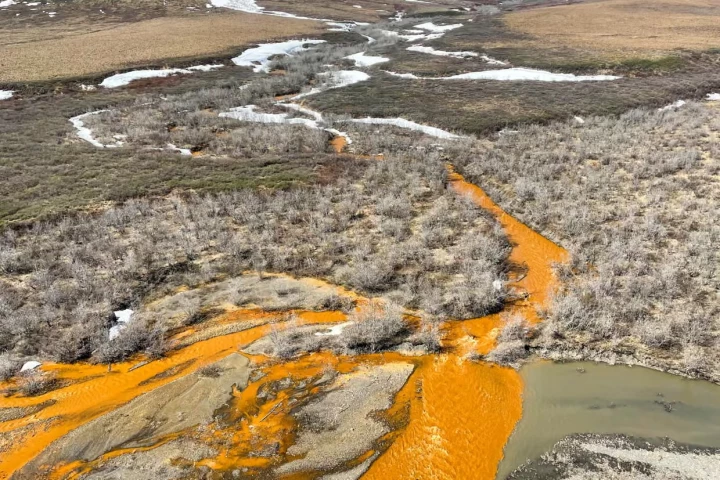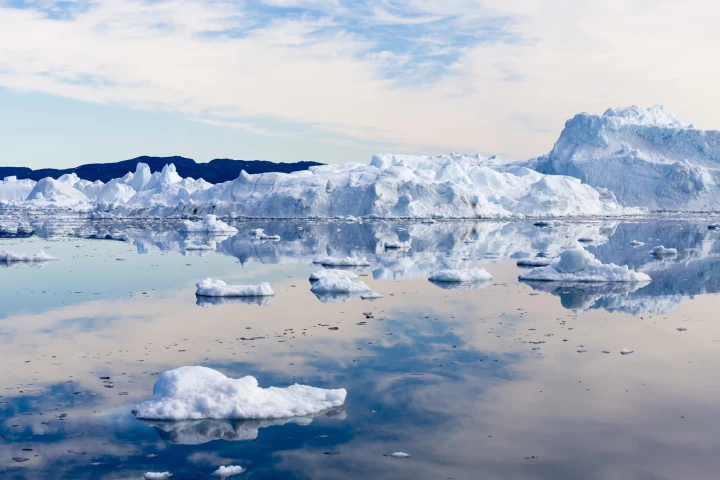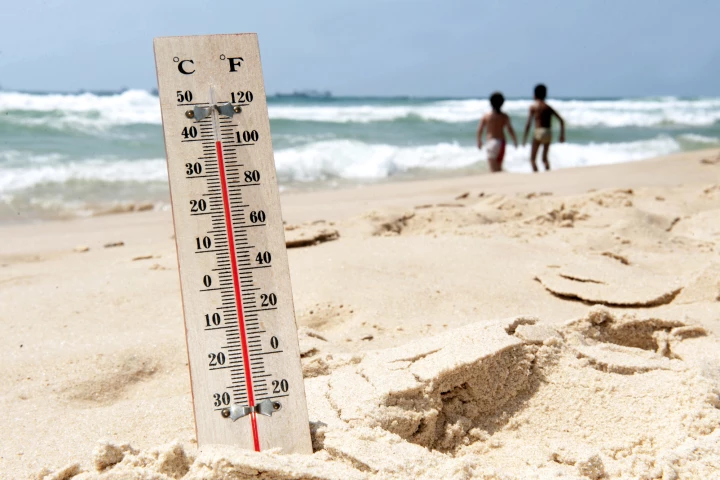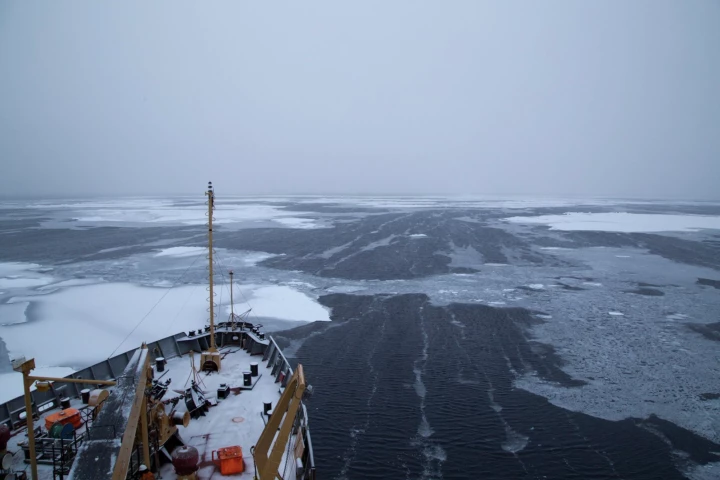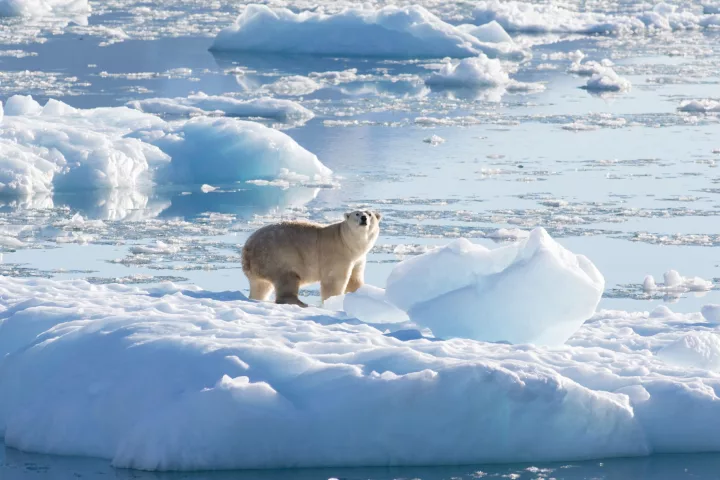Arctic
-
New research flips a long-held belief that frozen environments slow down chemical reactions and helps explain why Arctic rivers are turning orange. It turns out that ice is actually better than liquid water at releasing iron from common minerals.
-
Science's war against the super-small and, sometimes, super-deadly bacteria that have evolved to resist destruction by antibiotics may have just enlisted new, unlikely allies: invertebrate creatures living in the frigid depths of the Arctic Ocean.
-
We're set to swelter like never before, as a perfect storm of natural and manmade conditions unite to deliver a 98% chance of the hottest 12 months on record within the next five years, according to a damning new report from the WMO.
-
In addition to rising air temperatures and warming waters, Arctic’s sea ice also has hostile weather conditions to contend with, and new analysis of an extreme event earlier this year suggests it may be more vulnerable to these than we thought.
-
Scientists studying the lake systems of the Arctic lowlands have made a surprising discovery, tapping into satellite data to find that these bodies of water are drying up and vanishing much faster than predicted.
-
Scientists know the area in and around the North Pole to be warming disproportionately to the rest of the planet, a phenomenon known as "Arctic amplification." A new study, however, argues that this effect has been vastly underestimated.
-
Scientists have discovered a genetically distinct subpopulation of polar bears that has adapted to survive on glacier slush instead of sea ice for large parts of the year, boding well for adaptability of the species.
-
Scientists have long warned that with the climate continuing to change we can expect extreme weather events to increase in frequency, and freak heatwaves to hit either end of the planet this week serve as a pertinent example.
-
A new company called Colossal plans to revive the woolly mammoth and reintroduce the species to the Arctic. And it isn’t meant to be just a tourist-trap Jurassic Park either – the aim is to restore a long-lost ecosystem to help fight climate change.
-
The Kingdom of Denmark just got a teeny bit bigger after researchers from the University of Copenhagen accidentally discovered the world's northernmost island. Measuring only 100 x 200 ft, the still unnamed isle is located off the coast of Greenland.
-
The Arctic's "Last Ice Area," a region where summer sea ice is expected to survive the longest and therefore act as a refuge for the wildlife that depends on it, is already feeling the effects of climate change, new research shows.
-
Based on historical readings from an automatic weather station in Greenland, on December 22, 1991, Klinck, located on the summit of the Greenland ice sheet, plunged to -69.6 °C (-93.3 °F), the coldest recorded temperature in the Northern Hemisphere.
Load More
